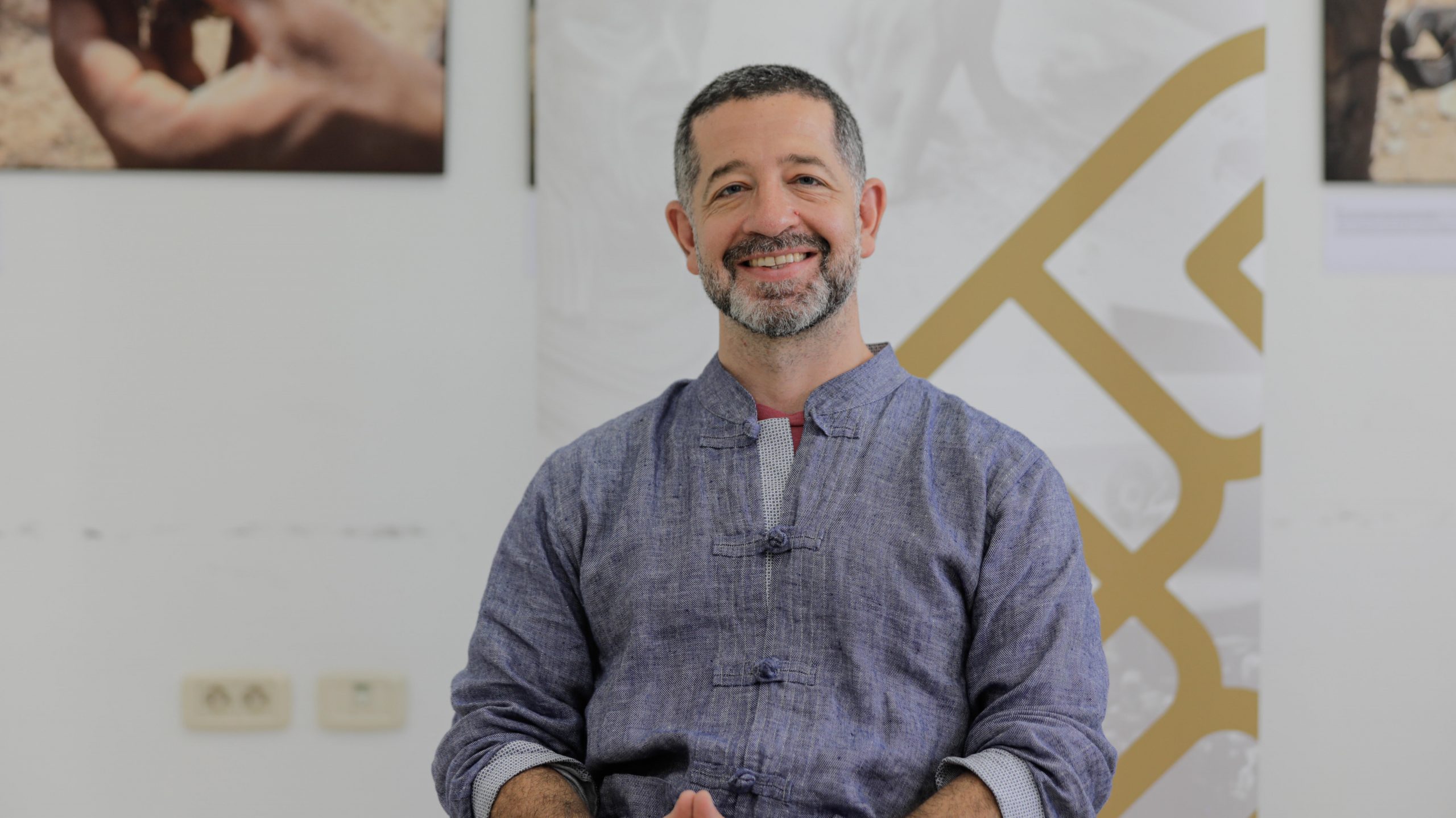2023
Project: Development Alternatives from North Africa: Big Plans and Small Farms in the Search for Sustainability
Dr. Max Ajl
( Department of Conflict and Development Studies, Ghent University, Belgium; Observatory for Food Sovereignty and the Environment, Tunis/ Tunisia )
Max Ajl is a Senior Fellow at in the Department of Conflict and Development Studies at Ghent University and a researcher with the Tunisian Observatory for Food Sovereignty and the Environment. He is an editor at Agrarian South and Journal of Labor and Society, and has written for Agrarian South, the Journal of Peasant Studies, Globalizations, Review of African Political Economy, Middle East Report, and many other scholarly and popular journals, including the Guardian’s Comment is Free, Boston Review, and Monthly Review. He researches climate politics, Tunisian national liberation, agrarian politics in the Arab region, and ecological planning, and Arab-North African intellectual history. He is the author of a recent book, A People’s Green New Deal.

Project Resources & Sustainability
Since the 2010-2011 Arab uprisings, rural poverty, agriculture, food import dependence, and climate change began to feature more prominently in Middle East-North African (MENA) development agendas. Development Alternatives from North Africa: Big Plans and Small Farms in the Search for Sustainability focuses on intellectual “paths not taken” in smallholder development. It offers an intellectual history of development practitioners, agronomists, and economists’ rupture with the industrialization/modernization paradigm in agriculture since the 1960s. These Tunisian thinkers and practitioners, in dialogue with Egyptian economists and development experts, analyzed the problems of industrialization of agriculture and the causes of underdevelopment, rethought agriculture’s role in ecologically-sound development, fused their analyses of smallholder agriculture with the “dependency school” of economics, and produced local models for self-reliant development focused on smallholder farms. This intellectual history elaborates how North African researchers analyzed the mistakes of the past, produced their novel planning framework, and examines its intellectual content. It uses archives, oral histories, and technical literature to address these questions and places them in the context of international circuits of agronomic and development-related intellectual production.
